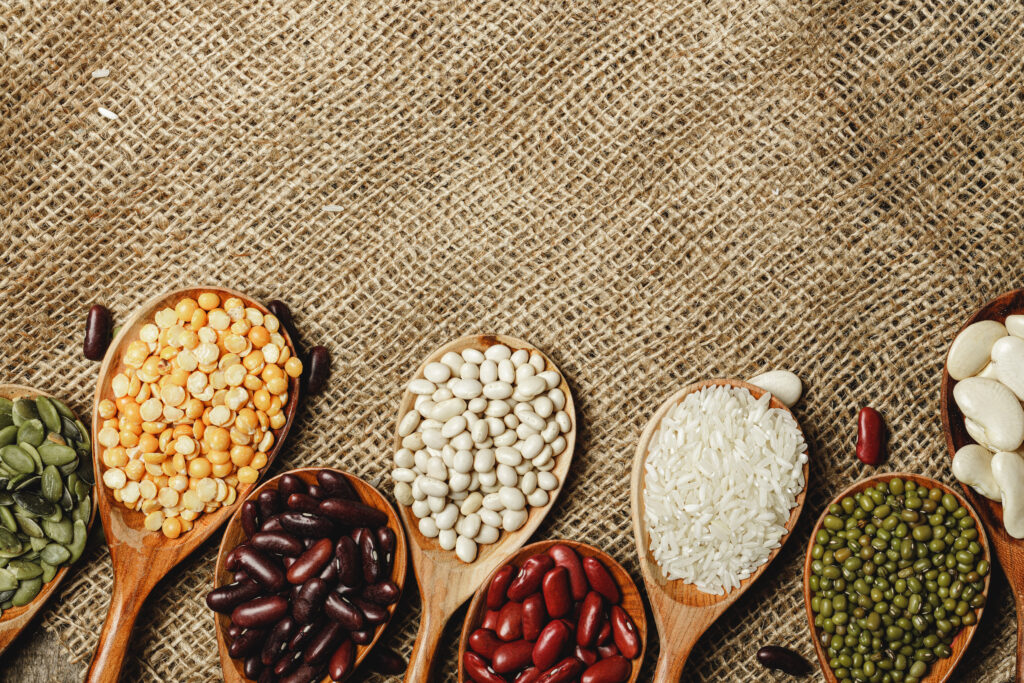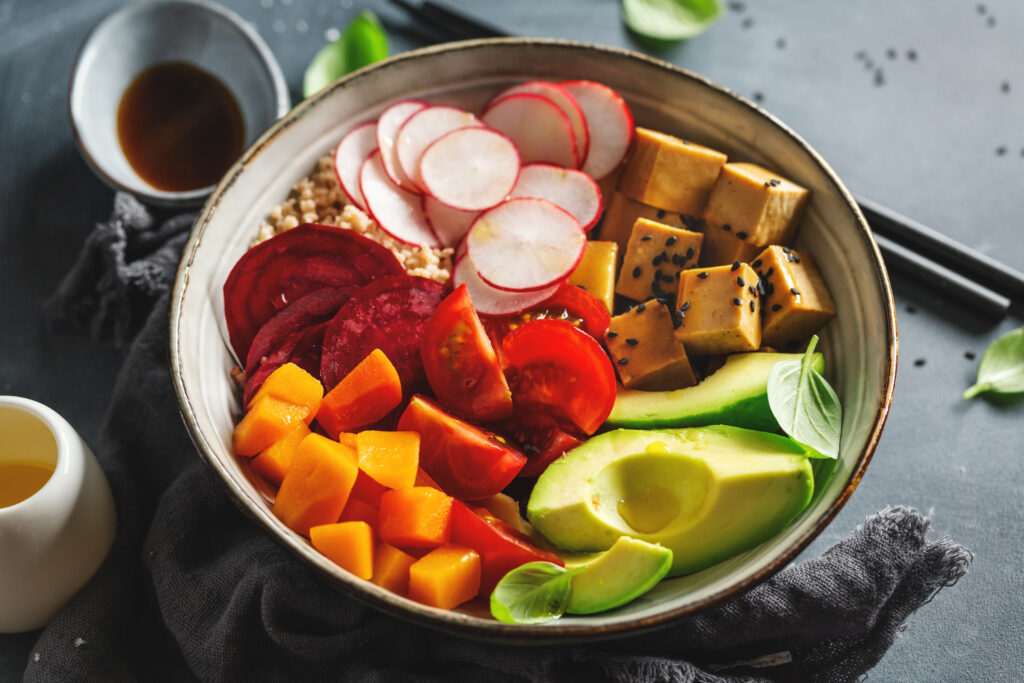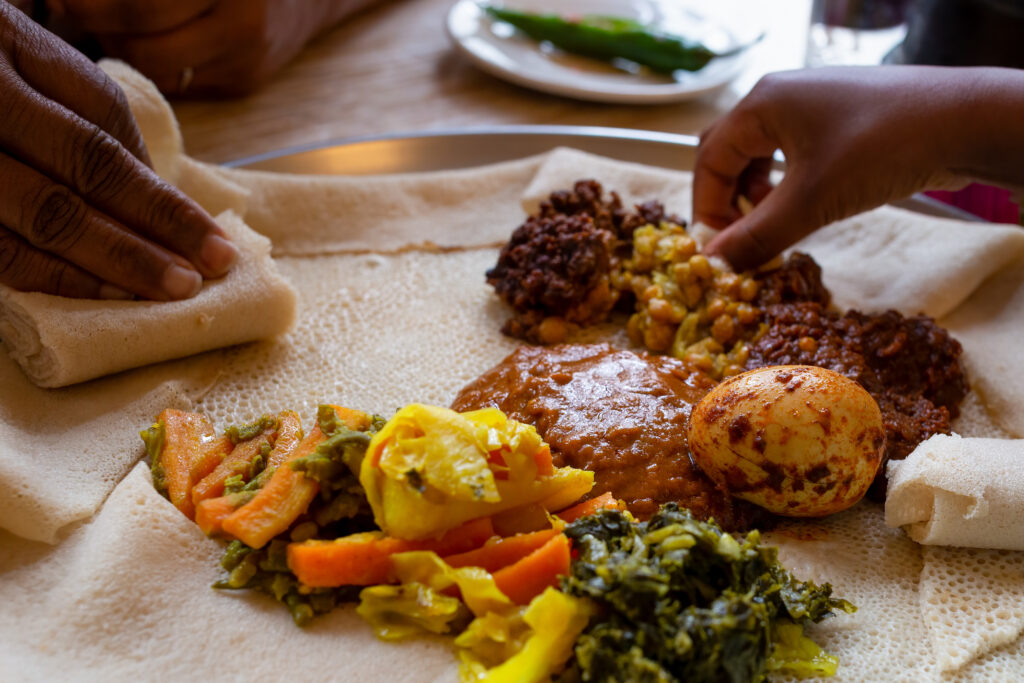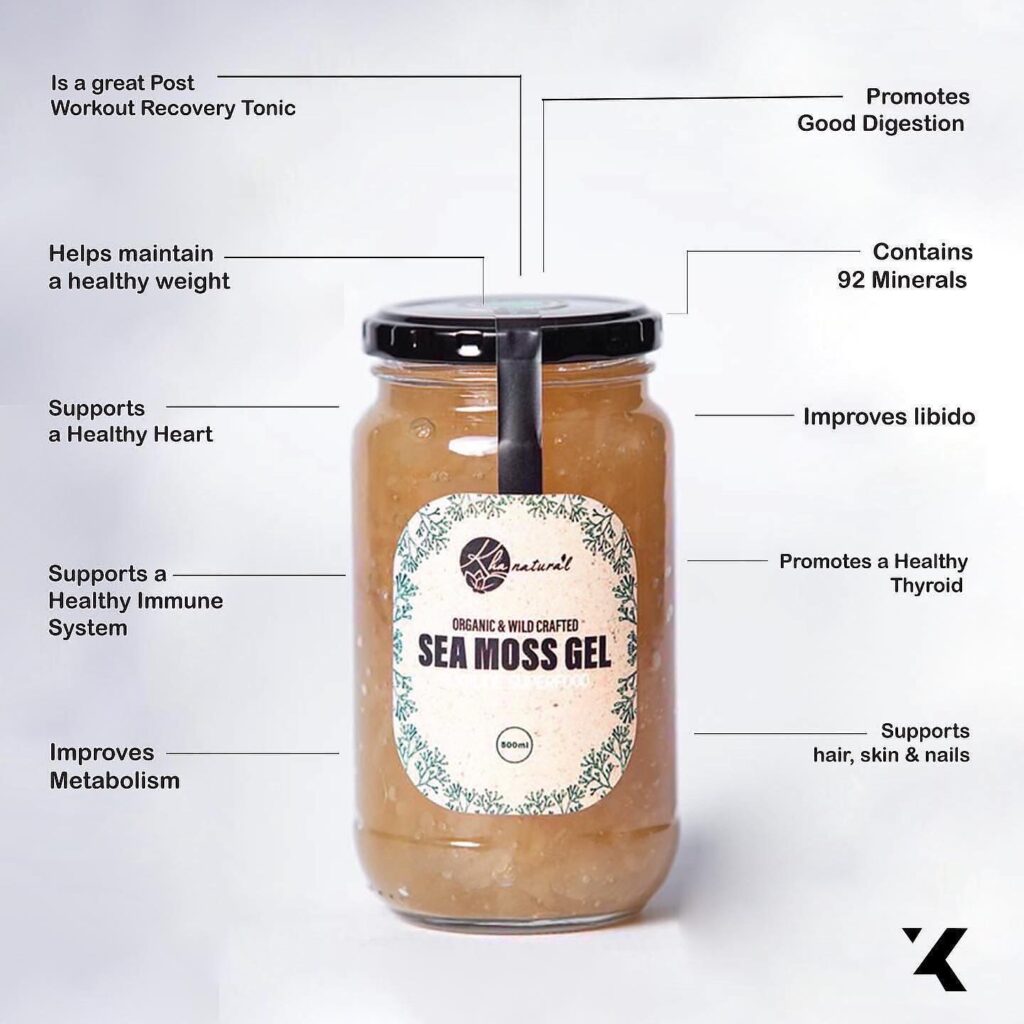No products in the cart.: R0.00
Debunking Myths About Living a Vegetarian Lifestyle.
The decision to embrace a vegetarian lifestyle is often met with curiosity, intrigue, and yes, a fair share of myths and misconceptions. Whether you’re a seasoned vegetarian or contemplating the switch, it’s essential to separate fact from fiction. Let’s debunk some common myths about living a vegetarian lifestyle.
Myth 1: Vegetarians Don’t Get Enough Protein
One of the most persistent myths is that vegetarians struggle to meet their protein needs. While it’s true that animal products are rich sources of protein, there are plenty of plant-based options that provide this essential nutrient. Beans, lentils, tofu, tempeh, nuts, seeds, and whole grains like quinoa are all excellent sources of plant-based protein. With a well-balanced diet, vegetarians can easily meet their protein requirements.

Myth 2: Vegetarians Lack Essential Nutrients
Another misconception is that vegetarians miss out on vital nutrients such as iron, calcium, and B12. While it’s true that these nutrients are found in abundance in animal products, they’re also available in plant-based sources. Spinach, lentils, fortified cereals, and supplements can provide iron. Calcium can be obtained from fortified plant-based milk, leafy greens, and tofu. For B12, consider fortified foods or supplements. With proper planning, vegetarians can meet their nutritional needs.

Myth 3: Vegetarians Have Limited Food Choices
Some people believe that vegetarians eat a monotonous diet of salads and tofu. In reality, the world of vegetarian cuisine is incredibly diverse and exciting. Vegetarians can enjoy a wide range of foods, from colourful salads to hearty vegetable curries, savoury stir-fries, and delicious plant-based burgers. The possibilities are endless, and creativity thrives in vegetarian kitchens.

Myth 4: Vegetarian Diets Are Bland and Boring
This myth couldn’t be further from the truth. Vegetarian cooking celebrates a rich tapestry of flavours, spices, and culinary traditions worldwide. Indian, Mediterranean, Thai, Mexican, and Italian cuisines, to name a few, offer a treasure trove of vegetarian delights. With herbs, spices, and creative cooking techniques, vegetarian meals burst with taste and vibrancy.

Myth 5: Vegetarians Lack Energy
It’s a misconception that vegetarians lack the energy to stay active and fit. In reality, many vegetarian athletes and fitness enthusiasts thrive on plant-based diets. The key is to ensure a well-balanced diet that includes an adequate intake of calories, protein, healthy fats, and carbohydrates. Proper meal planning can provide the energy needed for any lifestyle.

Myth 6: Vegetarians Can’t Build Muscle
Building muscle on a vegetarian diet is entirely achievable. Plant-based protein sources, as mentioned earlier, are excellent for muscle growth and recovery. In fact, many bodybuilders and athletes follow vegetarian or vegan diets while maintaining impressive muscle mass. Meeting your protein needs and engaging in regular strength training are essential for muscle development.
Myth 7: All Vegetarians Are the Same
The term “vegetarian” encompasses various dietary choices, from lacto-vegetarians who include dairy to vegans who avoid all animal products. Flexitarians occasionally include meat, while pescatarians eat fish but no other meats. Understanding that not all vegetarians have identical diets, beliefs, or motivations is crucial.

In conclusion, living a vegetarian lifestyle is far from dull or nutritionally deficient. With careful planning and various plant-based foods, vegetarians can enjoy diverse, flavourful, and nutritionally balanced meals. The myths surrounding vegetarianism often crumble when confronted with the reality of a well-informed, conscious dietary choice. Whether you’re already a vegetarian or considering the transition, embrace the abundance of delicious, nutritious, and cruelty-free foods that this lifestyle offers.
Bonus Tip for Vegetarians: The Marvel of Seamoss
For vegetarians seeking an extra nutrient boost, consider incorporating Seamoss into your diet. Seamoss is a nutrient-dense seaweed rich in minerals and vitamins, providing an excellent supplement to support overall health. Its versatility allows for various culinary uses, making it a valuable addition to your plant-based journey.




Disclaimer:
The content in this blog post is for informational purposes only and is not a substitute for professional medical advice. The information provided should not be used for diagnosing, treating, or preventing any disease or medical condition. It is crucial to consult with your healthcare provider before making any adjustments to your diet, sleep practices, daily activities, or fitness regimen. Khanatural bears no responsibility for any personal injury or harm resulting from the recommendations, opinions, or advice presented in this article.





